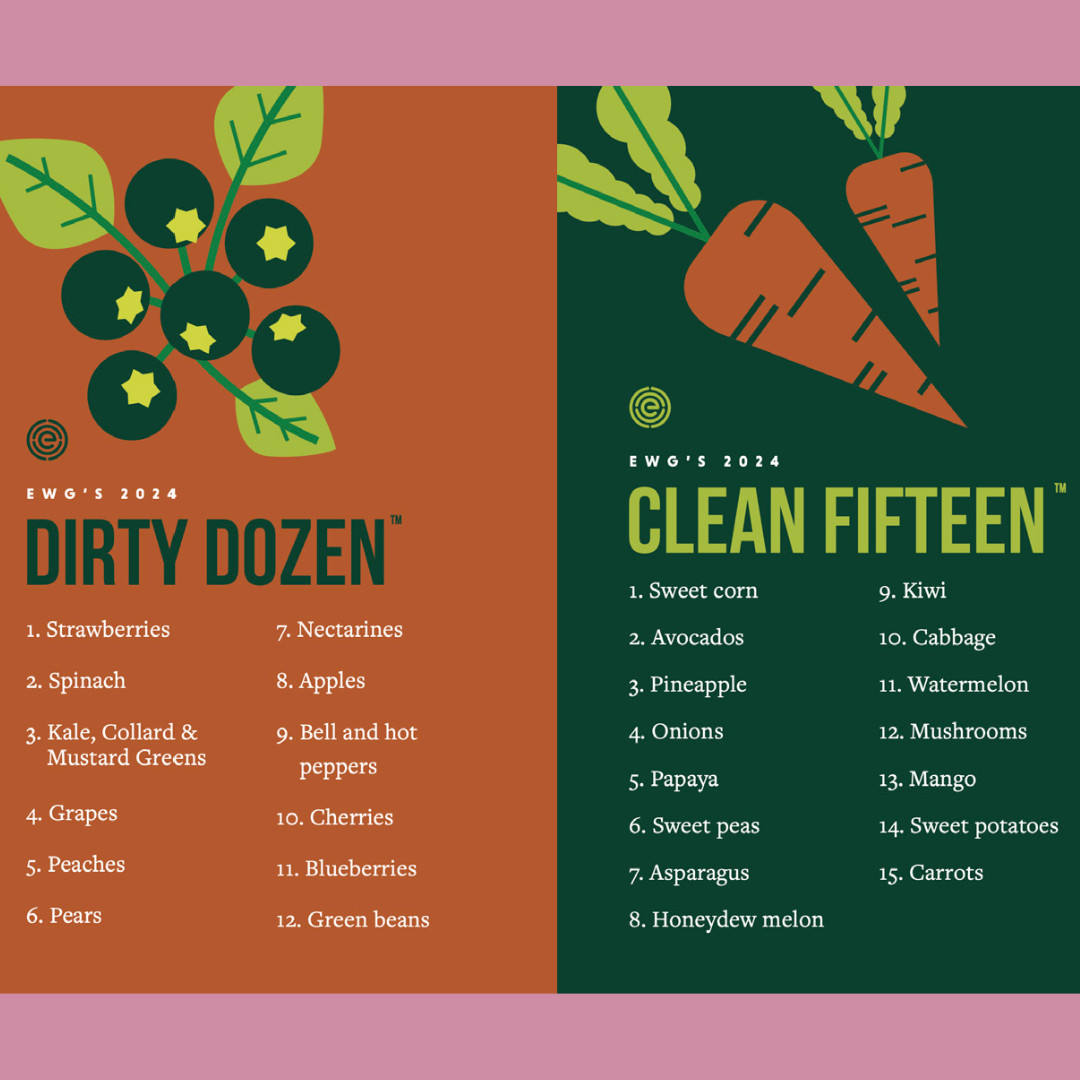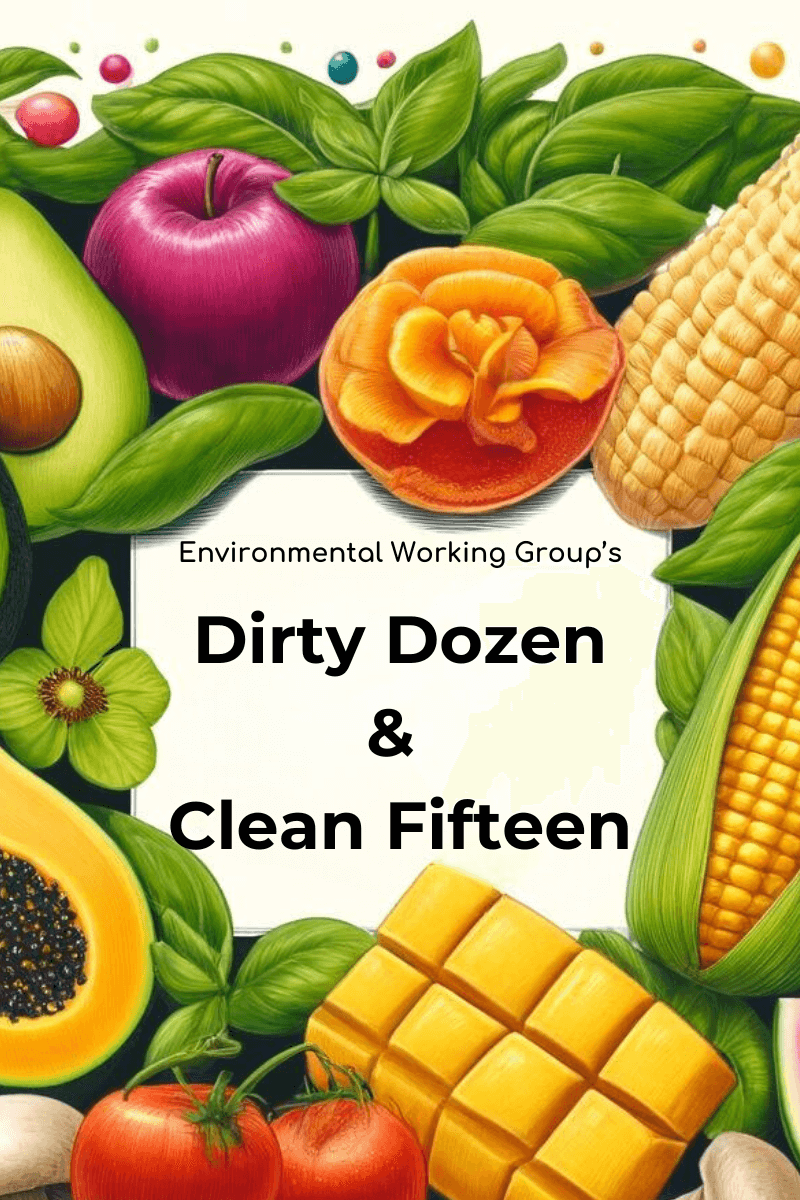

Modern living exposes us to numerous pesticides and toxins, significantly impacting our health. Here’s how these substances can affect you and strategies to safeguard yourself:
Health Impacts of Pesticides and Toxins
**Endocrine Disruption:**
Pesticides can interfere with hormone function, leading to reproductive issues, developmental problems, and metabolic disorders. Long-term exposure can disrupt the endocrine system, affecting growth and reproduction.
**Neurological Effects:**
Certain pesticides have been linked to neurodevelopmental issues in children and neurodegenerative diseases in adults, such as Parkinson’s and Alzheimer’s diseases. They can impair cognitive function and cause behavioral problems.
**Cancer Risk:**
Exposure to certain pesticides is associated with an increased risk of cancers, including leukemia, lymphoma, and brain tumors. These chemicals can damage DNA and promote tumor growth.
**Respiratory Issues:**
Pesticides can cause respiratory problems, including asthma and bronchitis. Inhalation of these chemicals can lead to chronic respiratory diseases and exacerbate existing conditions.
**Immune System Suppression:**
Toxins can weaken the immune system, making the body more susceptible to infections and illnesses. Pesticides can reduce the body's ability to fight off pathogens.
Strategies to Reduce Exposure
**Use the EWG’s Guides:**
The Environmental Working Group (EWG) publishes annual "Dirty Dozen" and "Clean Fifteen" lists to help consumers identify fruits and vegetables with the highest and lowest pesticide residues. For 2024, strawberries top the Dirty Dozen, with green beans and blueberries newly added. The Clean Fifteen includes avocados, sweet corn, and onions among others. Always buy organic versions of the Dirty Dozen to minimize exposure.
**Washing and Peeling:**
Though washing removes some pesticide residues, it’s ineffective against glyphosate, which is absorbed into plants. Use a homemade wash (1 cup water, 1 cup vinegar, 1 tbsp baking soda, and lemon juice). Peeling can also reduce exposure.
**Home and Garden Tips:**
Avoid glyphosate-based herbicides like Roundup in your garden. Use natural alternatives such as hand-pulling weeds or homemade weed killers. Transition to organic lawn care practices.
**Reduce Indoor Pesticide Exposure:**
Implement a no-shoes policy to avoid tracking in pesticides. Use HEPA filters to clean indoor air and wash new cotton items thoroughly to remove residues.
**Food Preparation:**
Pre-soak and rinse grains like wheat and rice multiple times to reduce pesticide levels. Use activated carbon water filters to purify drinking water.
**Supplementation:**
Consider natural toxin binders like fulvic acid, alginate, and citrus pectin to help eliminate pesticides from your body.
**Avoid GMOs:**
Choose non-GMO and organic foods to reduce exposure to glyphosate and other chemicals. GMOs have potential health risks, including allergic reactions and gut microbiome disruption.




